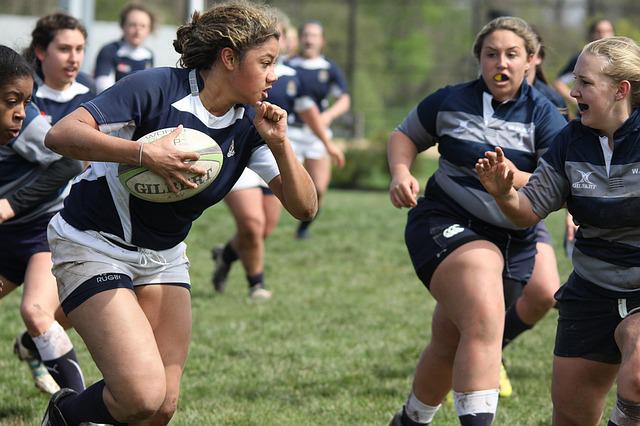
Many women athletes are subject to discrimination because of their appearance. There are some ways to change this. You can change your body image by taking control of it. To challenge gender stereotypes, you can use social media. Finally, you could be an advocate for equality in gender. These tips will help you to become an active part of the sports community.
Take back control of your body image
Female athletes are attempting to regain control over their body images. These athletes speak out about how pressure to look perfect can impact their performance and mental well-being. Gracie Gold and Allie Ostrander are just two of the many athletes who have discussed their struggle with body image. They want everyone to know that having a body that isn't up to a certain standard does not make you weak.
Female athletes are still susceptible to body dissatisfaction, despite the pressure they feel to improve their body image. A mental condition called body dissatisfaction, which results in negative thoughts about one's body and the perception of a body that is smaller than the ideal body size. The perception of the body also changes with context and function. In a recent study, female athletes from collegiate sports participated in "Bodies in Motion," an exercise program that aims to promote a positive body image.
Female athletes: Changing the stereotypes
Breaking down gendered stereotypes is one of the most important things a female athlete can accomplish. Because of the stereotypical views that surround them, many girls and women feel discouraged from taking part in sports. These stereotypes can be overcome by changing the culture at home. It starts with teaching girls and women to respect one another and be unique. It also involves changing the way we talk and act about women. It is possible to improve the image of female athletes in the public eye by changing our words, actions and speech.
Most research on female athletes has focused on the bipolarity that exists between masculinity or femininity. However, very little has been done on androgyny. Androgyny, which is somewhere in the middle of masculinity and femininity, suggests that a female athlete could be both male or female. This gender identity can be assertive or gentle, independent or dependent, competitive but passive, and even aggressive. A woman can display both masculine and feminine qualities which can be very empowering.
Participation in social media
Social media can be used to encourage younger women to participate in sports. Stories about female athletes can often inspire them. This is one method to do so. The UConn Huskies defeated the Baylor Bears last night and dominated social media. Although the final score was 69 to67 for the Huskies and the controversial call was the highlight of the evening, it was still a memorable game.
Taking part in social media can be a powerful way to encourage young women to pursue sports and improve their health. Many female athletes are using social media to advertise themselves. However, the amount of research on how women athletes represent themselves online is still scarce.
Managing gender stereotypes
Gender stereotypes can be a barrier to participation in sports. They may choose not to emphasize their athletic accomplishments, and instead focus on other sports with less stigmatization. These issues are indicative of wider cultural attitudes towards athletic women. These stereotypes pose a problem because they are among the most significant barriers to female sport participation.
First, women athletes have to face the problem of public perception. Public perceptions often portray women as submissive or objectified. In addition, male athletes are often viewed as heroic and masculine while female athletes are seen as wives and daughters. This harmful cycle of gender stereotypes can lead to the sexualization of and objectification of female athletes. This problem was brought into sharp focus by the USA Gymnastics scandal.